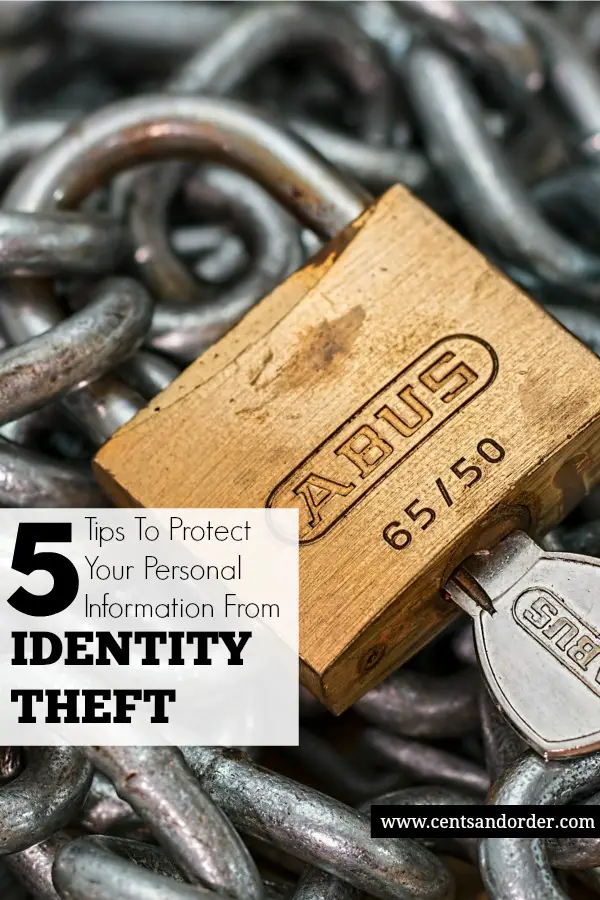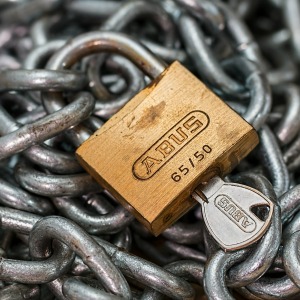
Your social security number. Your bank account numbers. What happens if they get in the wrong hands? Criminals can use your account number to initiate electronic payments or make their own checks with your account information. Your personal information can be used to take out loans or credit cards in your name. Identity theft can happen to anyone, even if you take the best precautions.

Table of Contents
Here are 5 tips to help you keep your personal information safe:
1. Don’t carry your social security card
There’s very few times you will need the actual card-such as starting a new job or getting a driver’s license. Keep your card in a safe place at home and only keep it with you if you know you’ll need it.
Having your social security card in your wallet increases the possibility that it could accidentally fall out. Also, if your purse/wallet is lost or stolen, you don’t want the person to have your social security number.
2. Guard your social security number closely
Don’t give your social security number out all over the place. You should only give it out to companies/people with a legitimate business need to know it. Your bank, mortgage company, and credit card companies are good examples. Your doctor and dentist may need it for insurance purposes.
If you aren’t sure, ask the company why they need your social security number, then decide if you are okay with providing it to them. You can always ask if they can use a different number to identify you instead of using your social security number.
3. Check your credit
Regularly check your credit report. Everyone is entitled to one free credit report per year (per credit bureau) at annualcreditreport.com. They don’t charge a fee and you can view it online immediately (in most cases).
Verify that all the accounts appearing on your report are yours. Also, look through the inquiries section to see who has requested your report. If a company has requested your credit report that you don’t recognize, it could also be an indicator of identity theft.
4. Shred documents
Instead of throwing away papers, be sure to shred anything with your personal information. You should shred anything with account numbers or your social security number. I may be over-cautious, but I shred everything from those credit card offers to signed receipts to anything with an account number.
Note: Don’t shred anything until you are sure you don’t need it for tax purposes, reimbursements, etc.
5. Guard your account number
If you mail checks to pay your bills, don’t put them in your mailbox for the mail carrier (unless it is a locked box). Putting outgoing bill payments in your mailbox with the little red flag up is letting criminals know there is something good in the mailbox. Whenever possible, take them directly to the post office.
If a crook gets a hold of even one of your checks, they have your bank account number. They can use chemicals to “wash” the check and give it a new payee and amount. The can damage isn’t just limited to the one check either. Once your account number is in the wrong hands, it can be used for electronic payments and to create new checks with your personal information.
The biggest key to preventing identity theft is to keep your personal information away from potential criminals.
Don’t carry account numbers and social security numbers with you. Be careful who you provide any personal information to-ensure they have a legitimate need.

